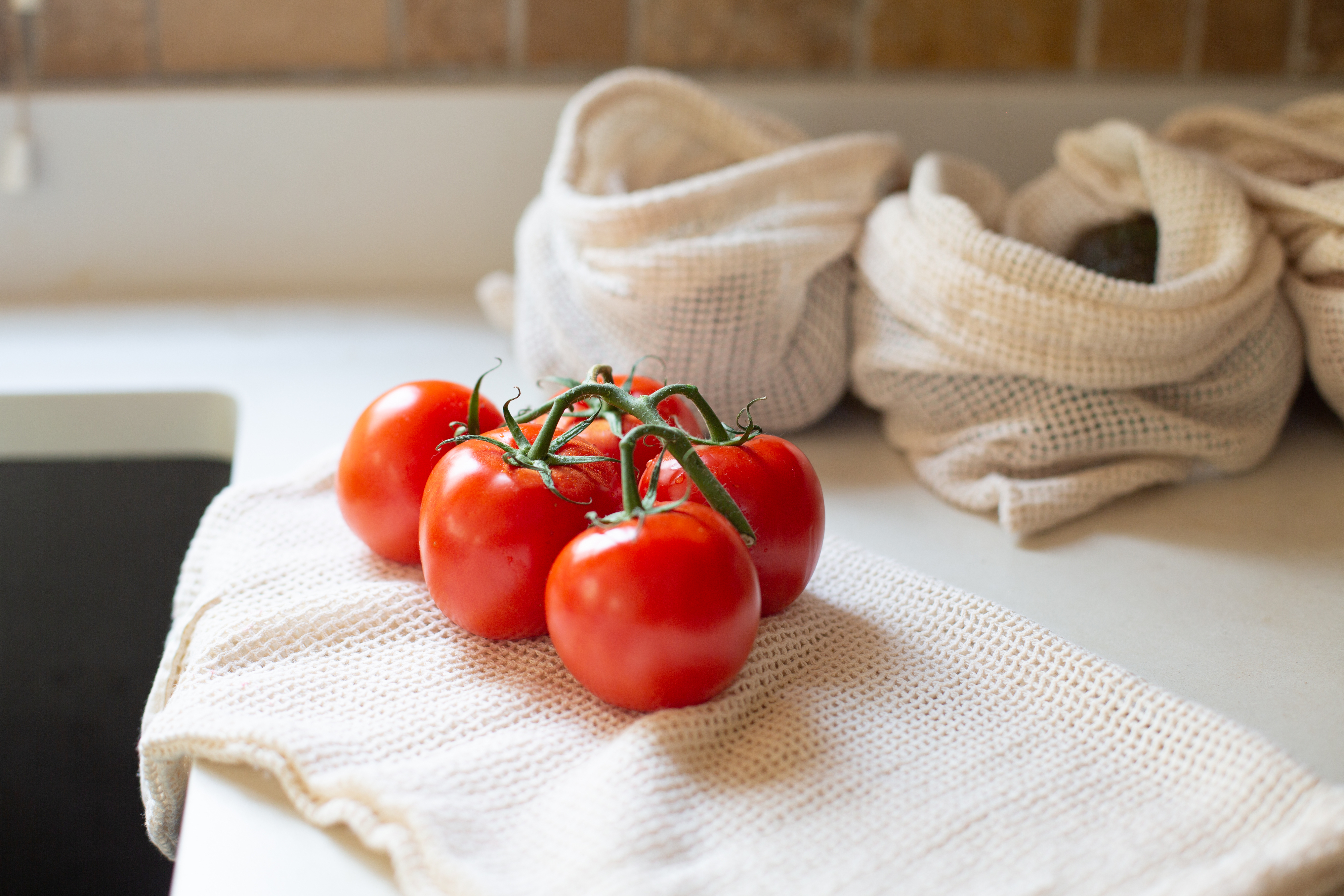"There's Really No Upper Limit": Doctors Share The Foods We Should Eat More Of (And How They Can Impact Our Lives)
If you love dark chocolate and kimchi, you're going to love this list...
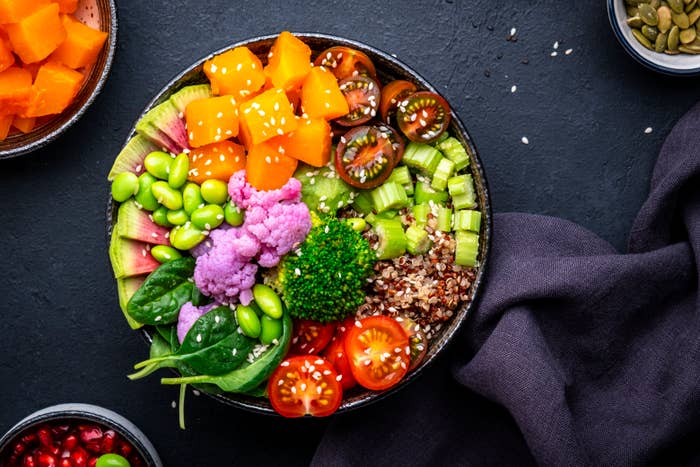
Anyone who wants to live a long and healthy life wants a magic formula for reaching a ripe old age. Unfortunately, it isn’t that easy ― but there are some things you can do to bolster your odds.
″If you want to live longer, improve what you’re eating and start moving your body more,” said Dr. Linda Shiue, an internist and director of culinary and lifestyle medicine at Kaiser Permanente in San Francisco.
But knowing exactly which foods to eat for a longer life can be tricky. Shiue says that while no one needs to be perfect, it’s important to fill up on “foods in their natural state, like whole grains, vegetables, fruits, fish, eggs, and nuts.” By doing so, she said, we replace the “ultra-processed foods” in our diets, “such as shelf-stable foods that have refined carbs and high sugars, like white bread.”
But even when we know which foods are good for us, it can be hard to figure out the right balance of healthy options that give us a better chance of living longer ― and hard to find sweets that are good for us when the craving strikes.
We asked three top longevity experts what’s in their grocery carts. Here’s what they told us.
1. Cruciferous Vegetables
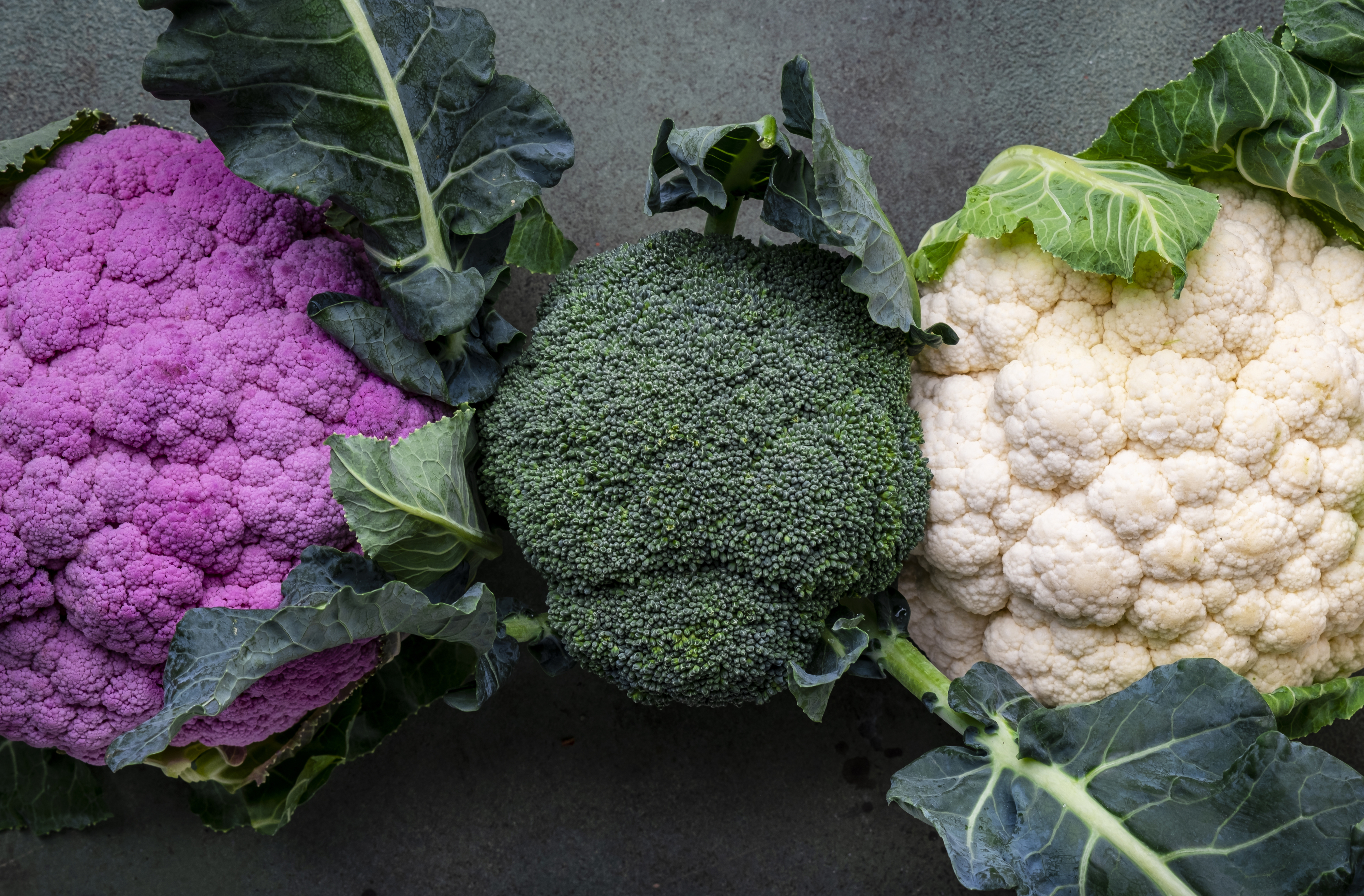
All vegetables are packed with nutrition, but cruciferous vegetables like broccoli, kale, Brussels sprouts, and cabbage are powerhouses at helping you live longer. That’s because they are rich in anti-inflammatory, anti-cancer, and anti-aging phytonutrients, said Dr. Mark Hyman, an author, family physician, and director of the UltraWellness Center in Lenox, Massachusetts.
They’re also an important source of magnesium, a mineral responsible for more than 600 enzyme reactions, Hyman said. Furthermore, cruciferous vegetables are rich in folate, a B vitamin critical for DNA methylation ― the process that switches our longevity genes on and off.
“There’s really no upper limit on how many cruciferous vegetables you can eat, but a good rule is to cover about three-quarters of your plate with them,” Hyman suggested.
2. Dark Leafy Greens
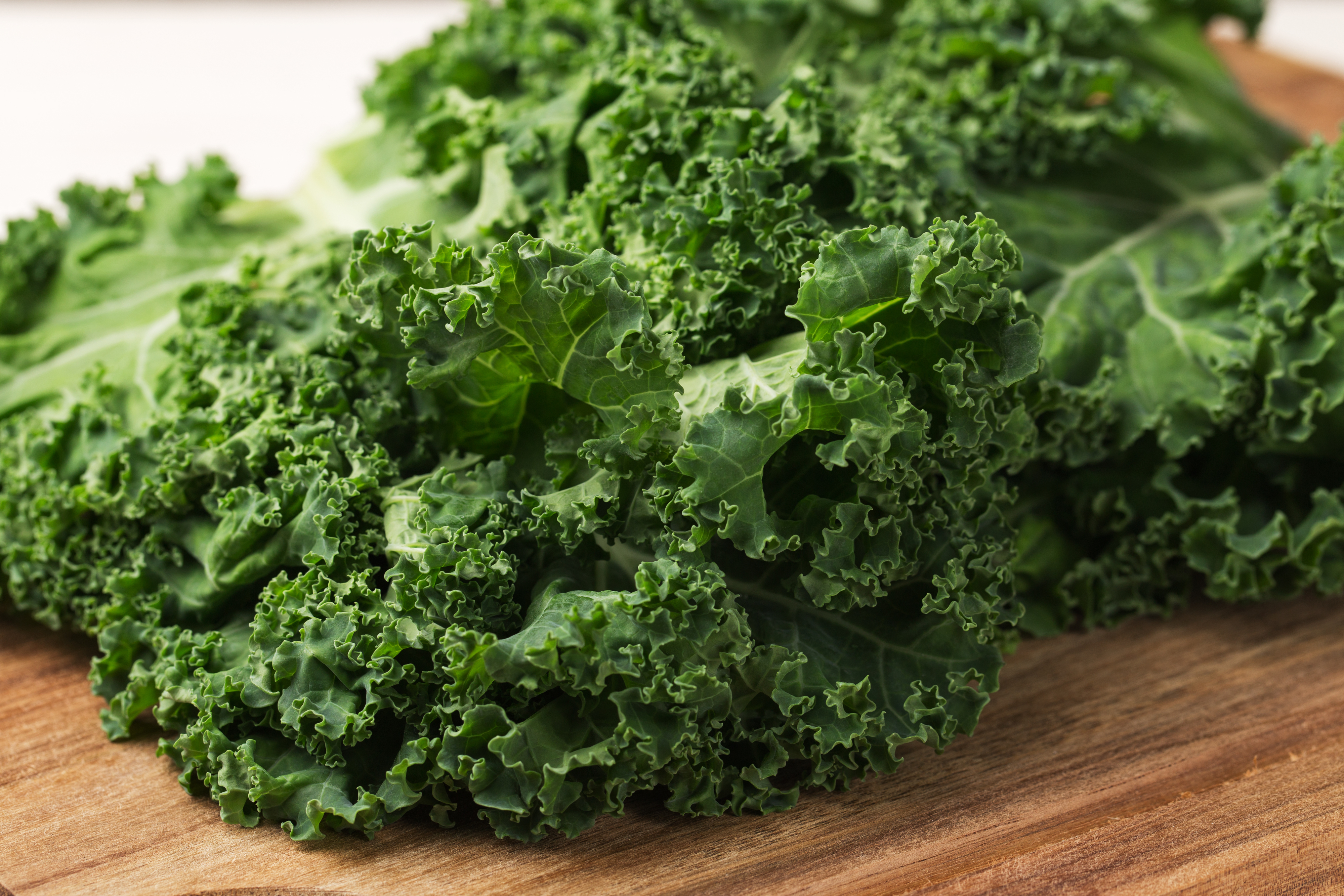
Dark leafy greens are a type of cruciferous vegetable, but some longevity experts single them out as particularly important for living a long life. That’s because they are full of fiber and other plant chemicals such as folate, which is important to heart health, Shiue explained. Folate can also help reduce the risk of colon polyps and help prevent breast, lung, and cervical cancer.
3. Fatty Fish
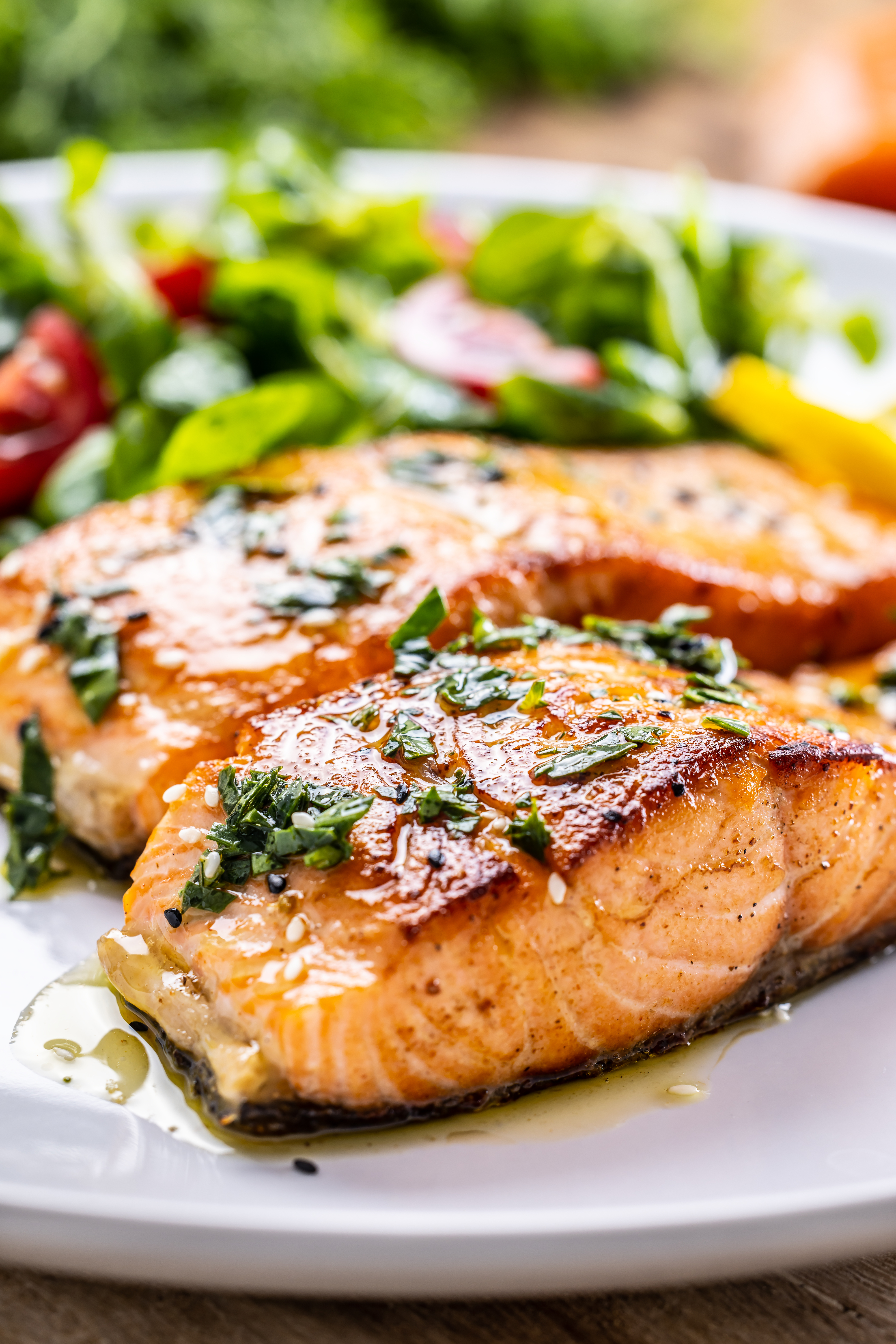
Fatty fish like wild salmon, sardines, anchovies, herring, and mackerel are quality sources of protein and the essential omega-3 fatty acids DHA and EPA, Hyman said.
“Eating salmon twice a week is enough to cut your risk of heart attack, arrhythmia, stroke, high blood pressure, and elevated triglycerides,” he explained. The omega-3 fats in fatty fish also protect against inflammation, an underlying cause of virtually all chronic and age-related diseases.
4. Whole Grains
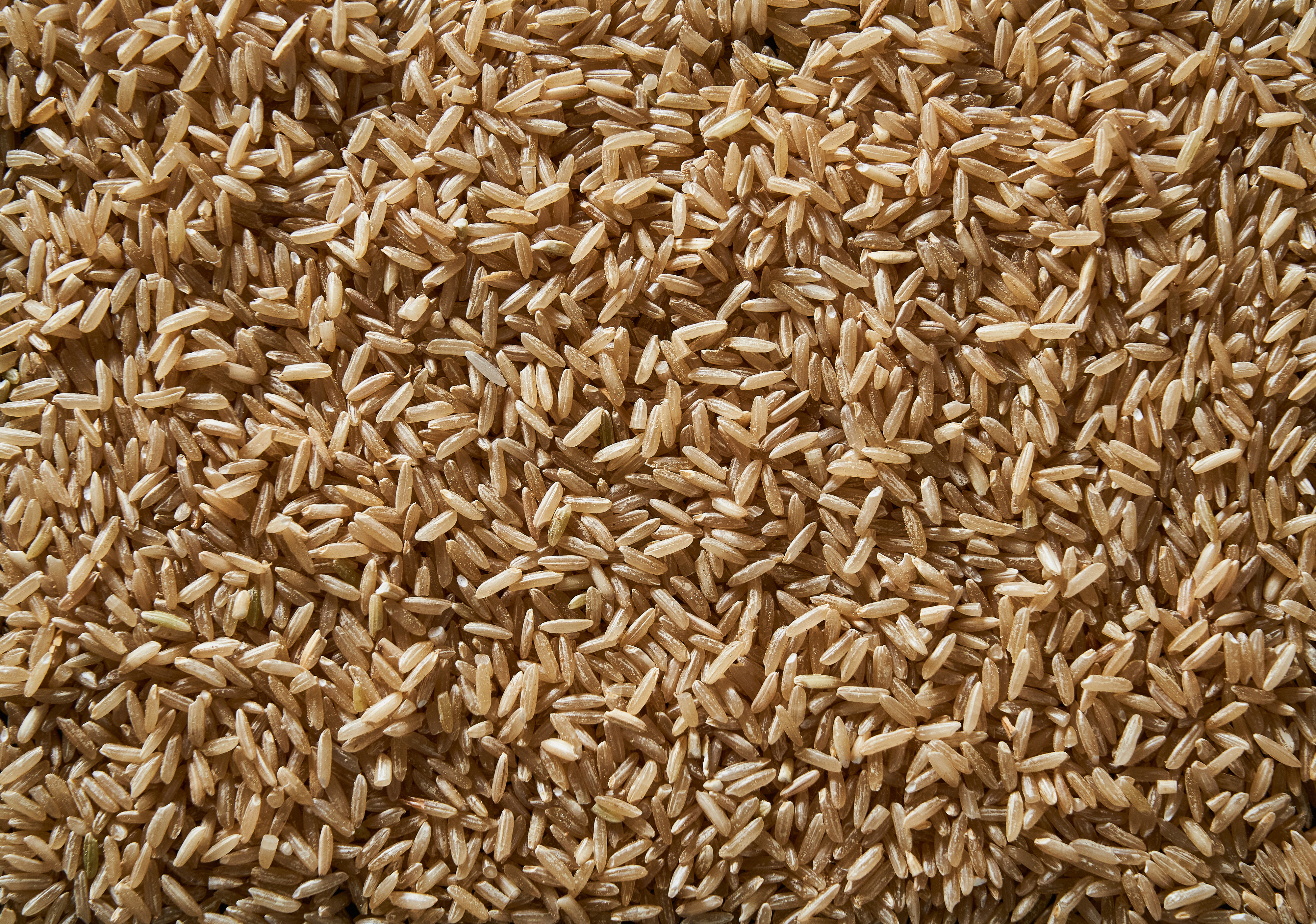
According to Shiue, whole grains can help you live longer in a variety of ways. A study by Harvard’s School of Public Health found that whole grains reduce “bad” LDL cholesterol, triglycerides, and blood pressure. They can also reduce your risk of developing cardiovascular disease, type 2 diabetes, metabolic syndrome, and certain types of cancer.
5. Extra Virgin Olive Oil
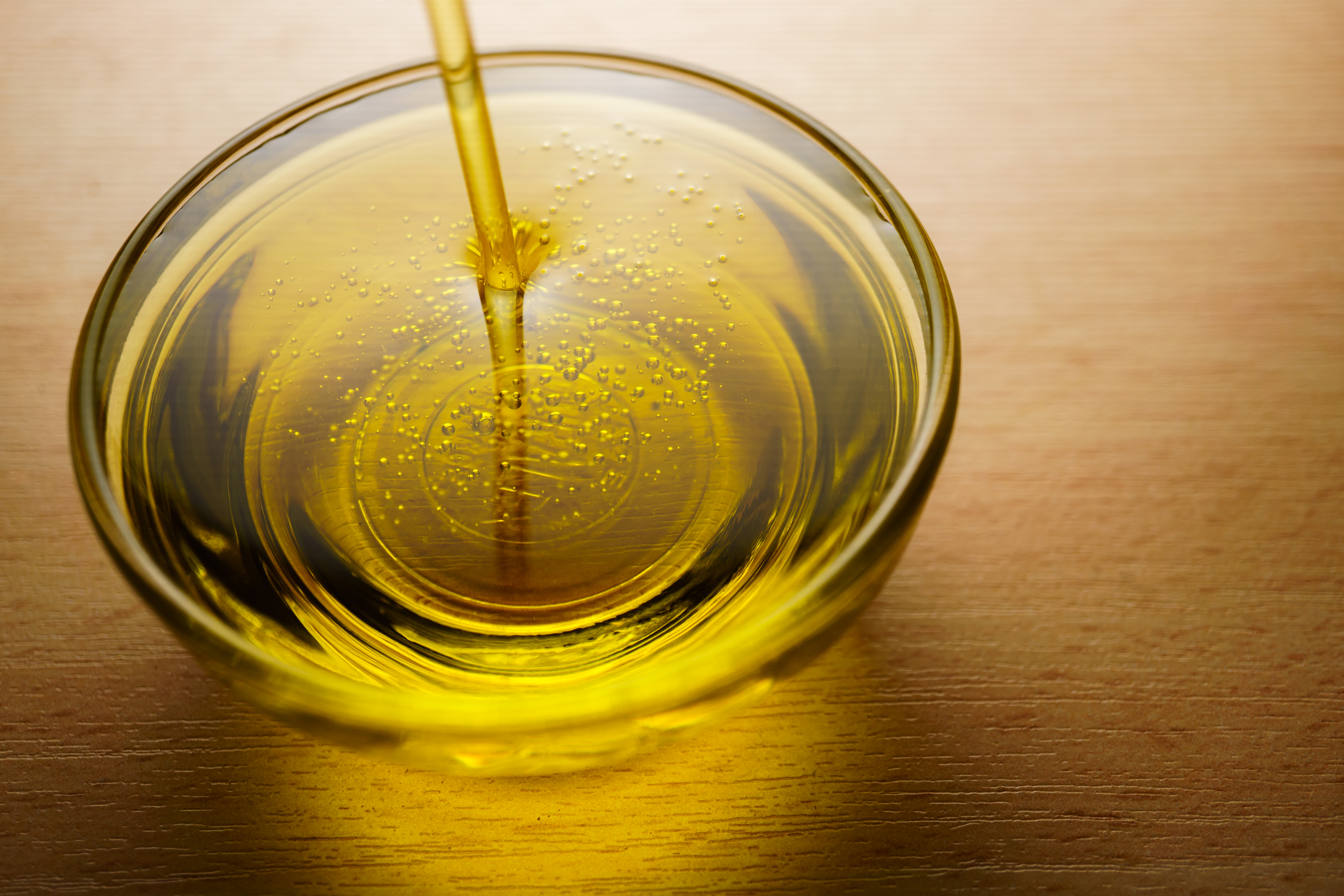
When it comes to your health, not all oils are created equal. Extra virgin olive oil is rich in healthy monounsaturated fats, antioxidants, and polyphenols like oleuropein, Hyman said. Oleuropein is particularly good for anyone who wants to live a longer life, because it has anti-cancer, anti-inflammatory, cardioprotective, and neuroprotective properties.
“Just a half-teaspoon a day of extra virgin olive oil can significantly lower the risk of death from cardiovascular disease, neurodegenerative diseases, respiratory diseases, and cancer,” Hyman said.
6. Berries
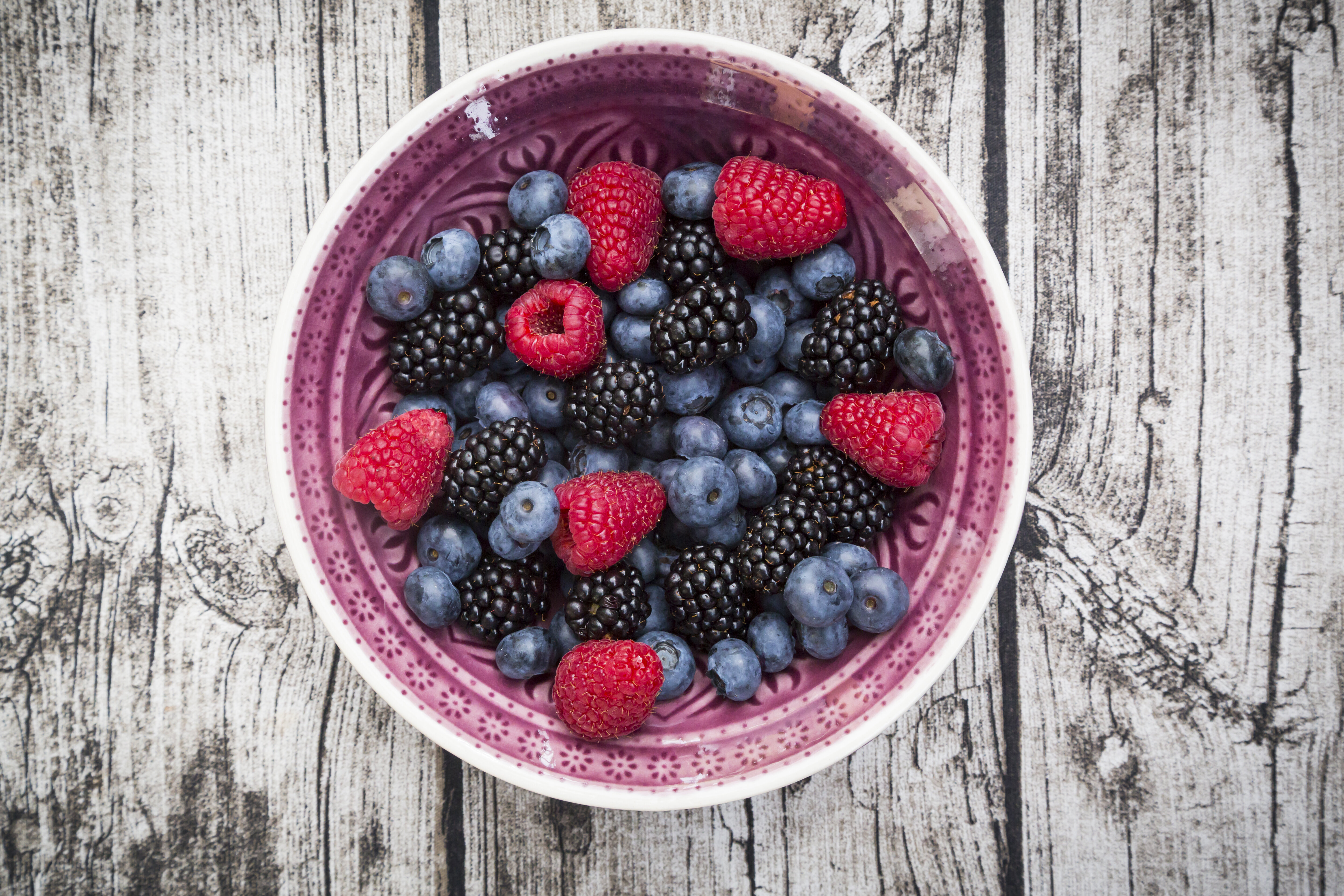
According to Shiue, berries tend to have a low glycemic load, which means they don’t lead to high spikes in blood sugar ― this can help prevent diabetes. Berries have high levels of antioxidants, which help with cell repair, including cells in the heart. These qualities make berries an excellent choice for dessert when you’re craving something sweet.
7. Fermented Foods
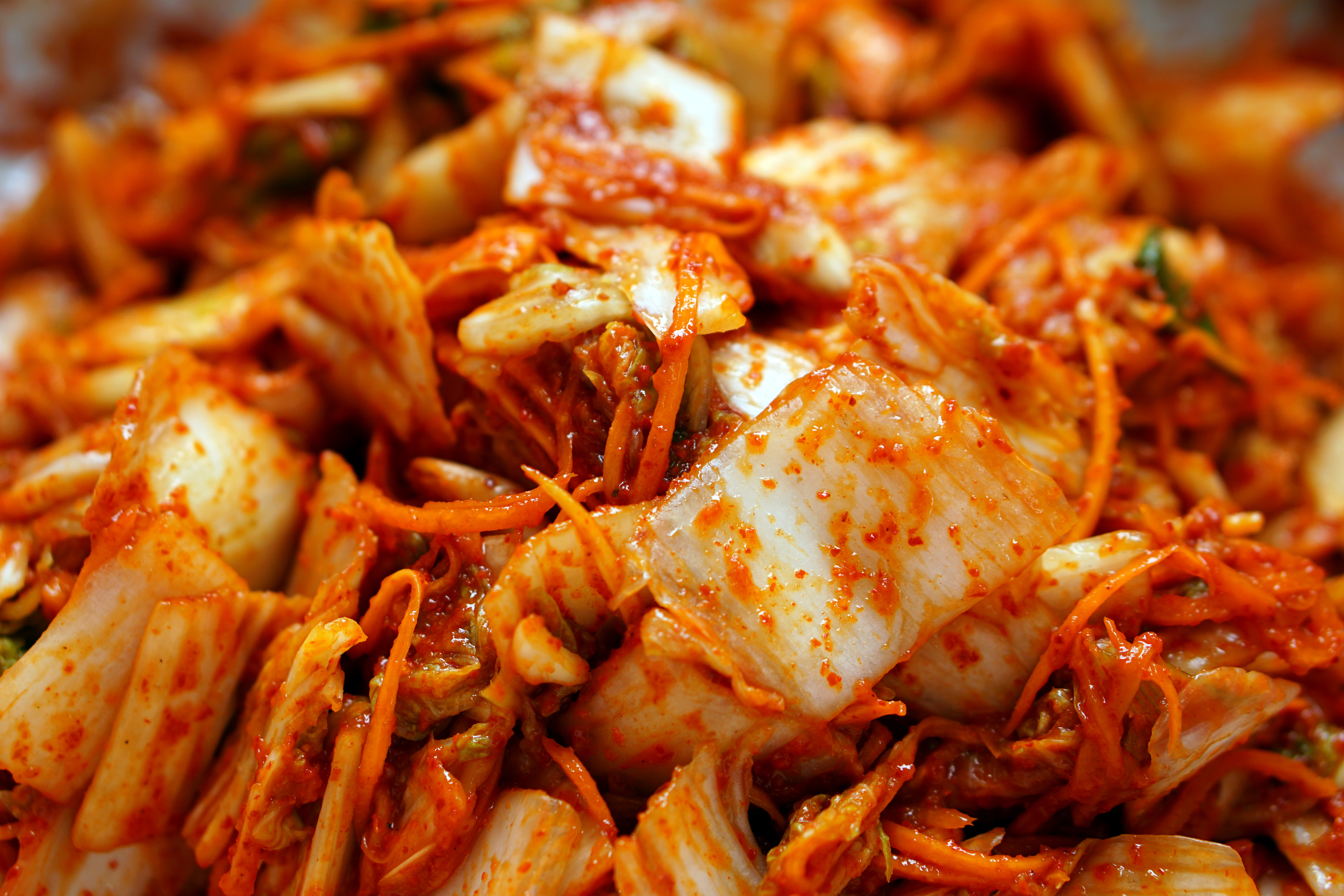
Kimchi, kombucha, tempeh, miso, sauerkraut, and other fermented foods are good sources of “beneficial bugs that help you maintain a healthy gut,” Hyman said.
These “beneficial bugs” are a form of bacteria that can increase immune response, decrease inflammation, and increase the diversity of microbes in the gut ― all of which can help promote a long life. “This is essential for maintaining a healthy body and critical for our long-term health,” Hyman said.
He recommends starting with one serving of fermented foods a day and gradually adding more to your diet.
8. Tree Nuts and Seeds
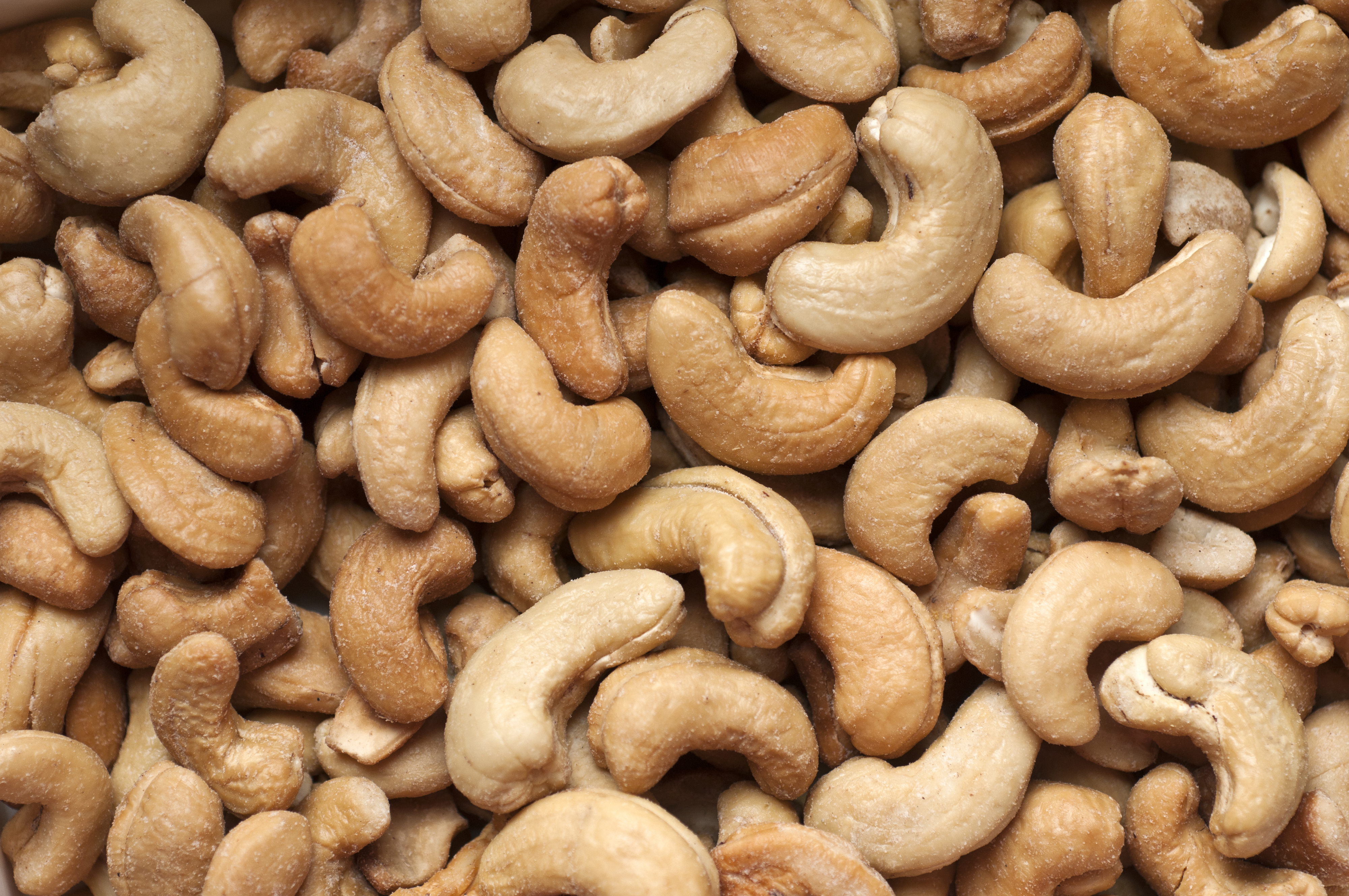
Tree nuts and seeds are packed with protein and fiber, said Dr. Florence Comite, founder of the Comite Center for Precision Medicine and Healthy Longevity in New York. Almonds, brazil nuts, sunflower seeds, pumpkin seeds, cashews, and walnuts are all great choices that can help reduce visceral fat and improve insulin sensitivity, according to a recent study.
“Walnuts are among my favorite because they are also a good source of plant-based omega-3 fatty acids, the heart-healthy fats you get from fatty fish,” Comite said.
9. Plain Yogurt
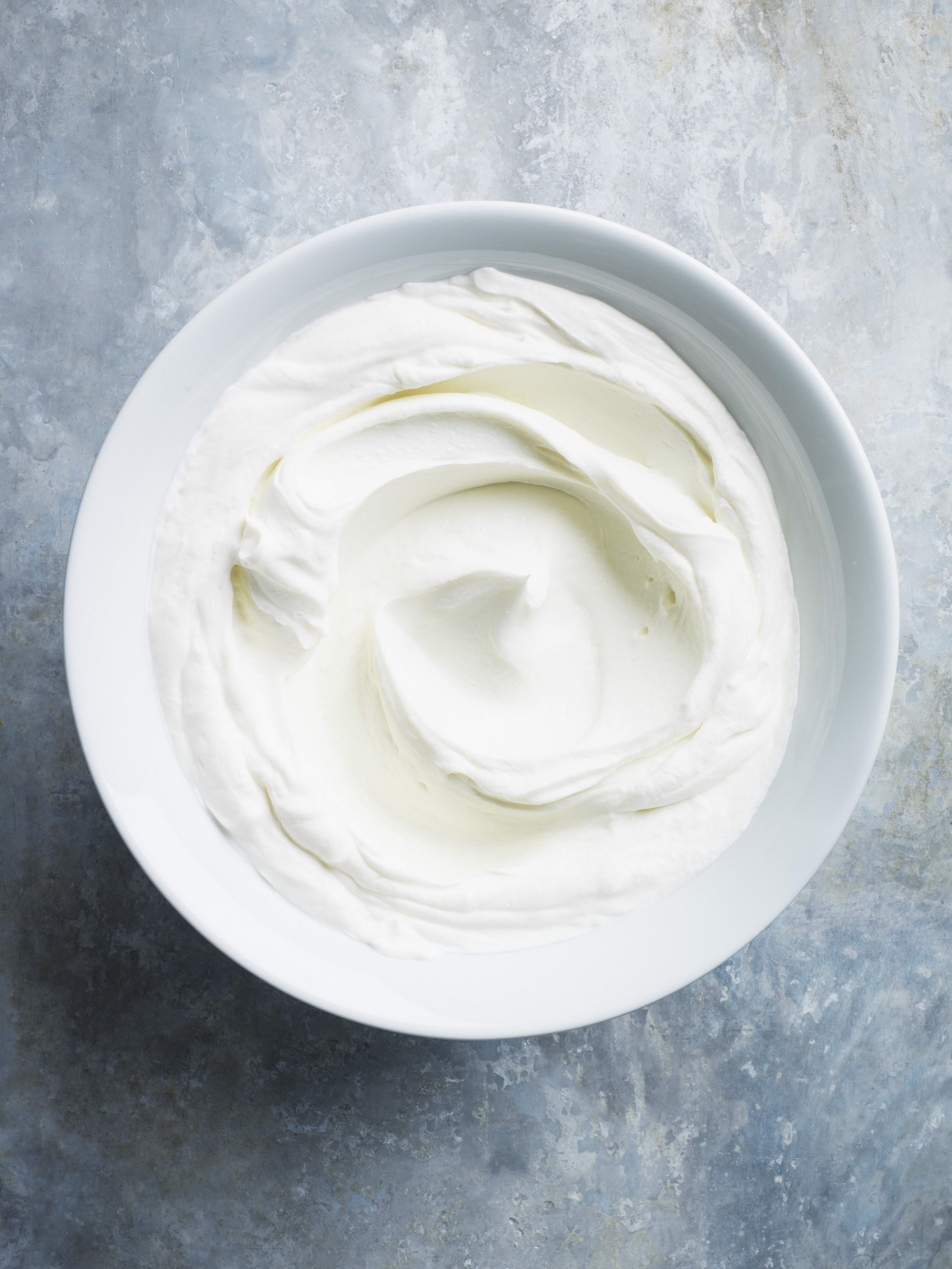
For a longer life, Comite recommends eating plain yogurts without added sugars, because they are rich in protein, calcium, and magnesium. They also contain gamma-aminobutyric acid (GABA), “a neurotransmitter that relaxes the body, lowers stress, and improves sleep,” she said.
Comite particularly likes Greek yogurt because it has more GABA than other types of yogurt.
10. Dark chocolate

Not only is dark chocolate a delicious treat, but it has many health benefits. According to Comite, dark chocolate is associated with a reduced risk of heart attack, stroke, and diabetes, because it is full of antioxidant-rich polyphenols and flavonoids.
“Dark chocolate has more antioxidants than even blueberries, another super longevity food,” Comite said. Dark chocolate has also been linked to brain health, she said ― some studies have shown that dark chocolate can increase neuroplasticity, the brain’s ability to form new synaptic connections for better memory, cognition, and mood, Comite explained. She recommends looking for dark chocolate with a cocoa content of 75% or higher.
11. Legumes
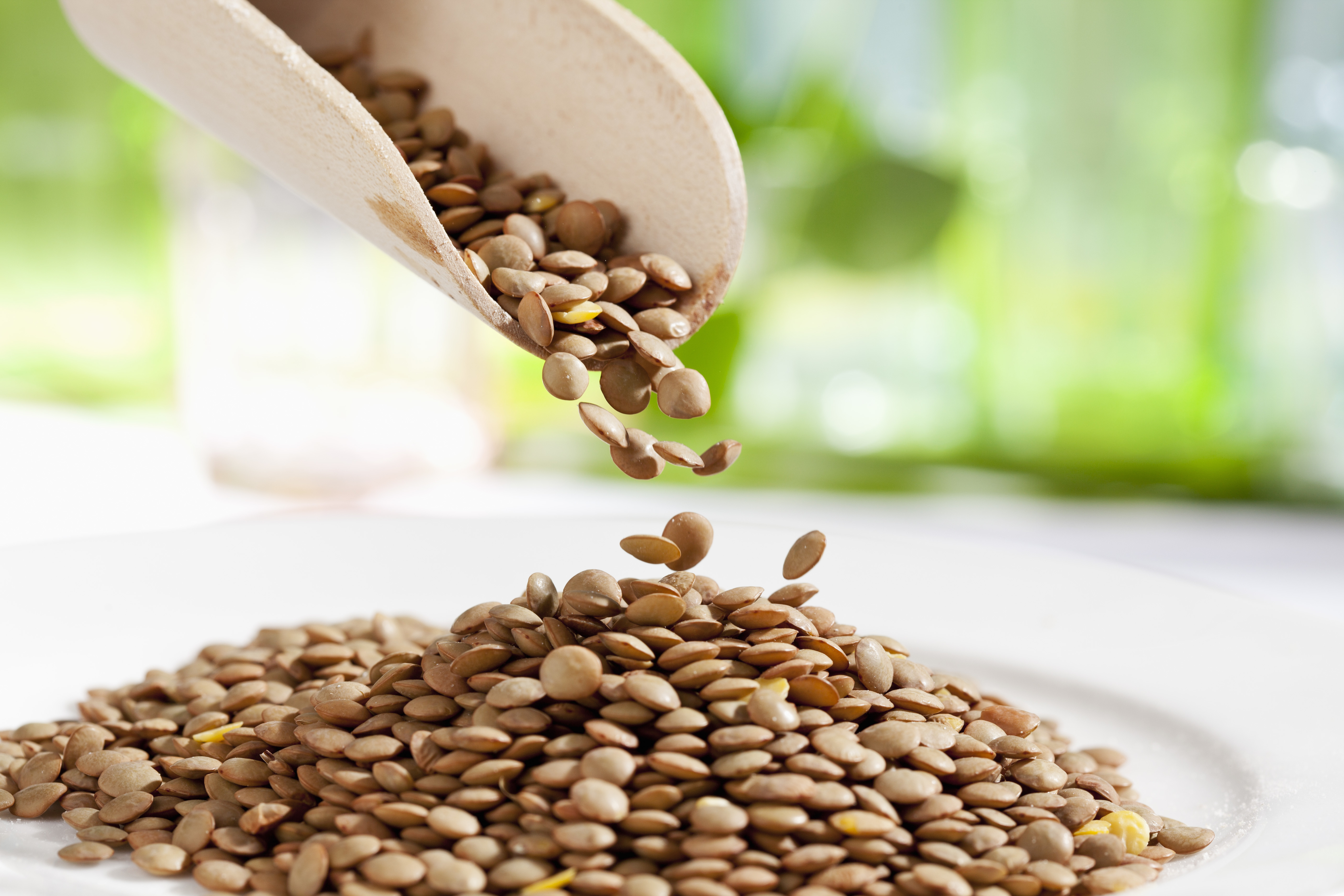
Legumes like lentils, peas, chickpeas, and peanuts are a source of plant-based protein and fiber, Shiue explained. They “can stabilize blood sugar and lower cholesterol,” she said, and “can help keep you regular and lower your risk for colon cancer.”
12. Tomatoes
